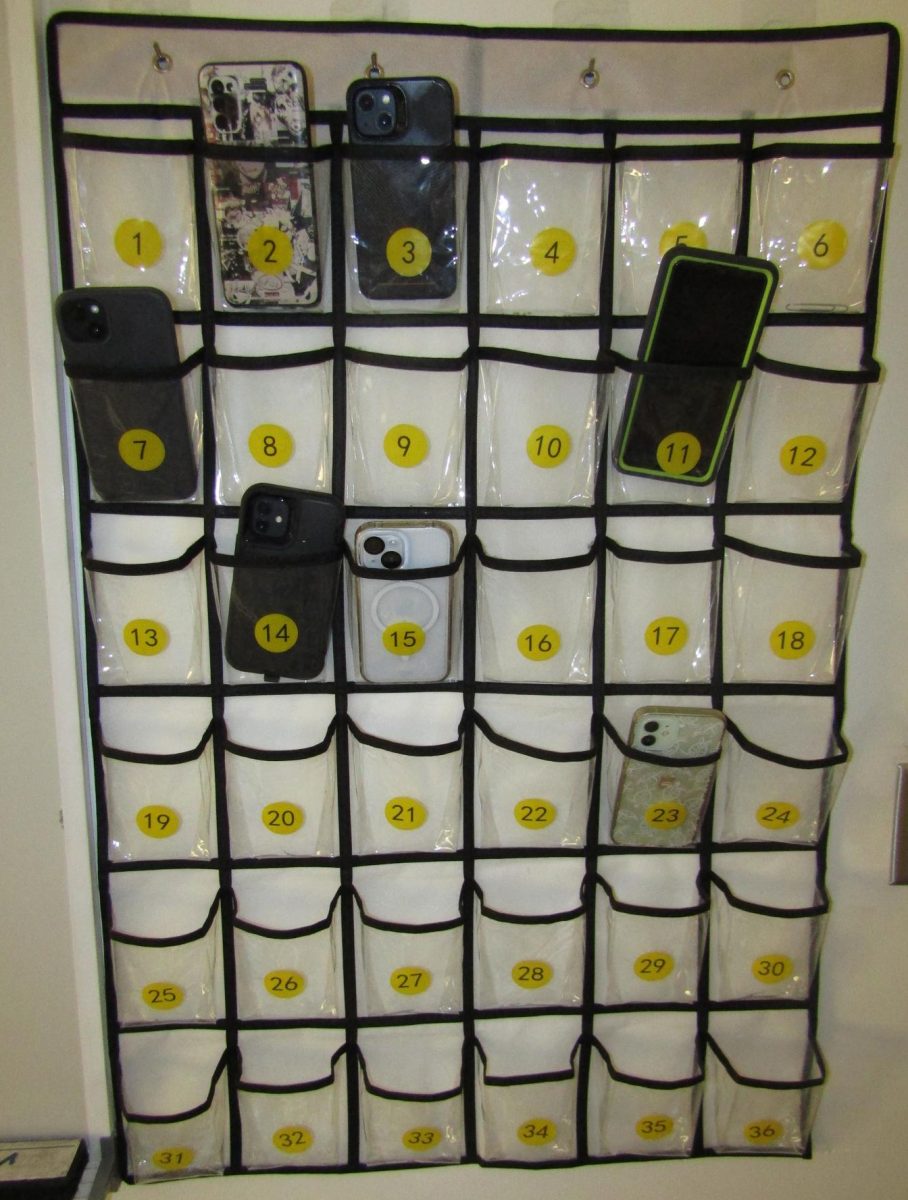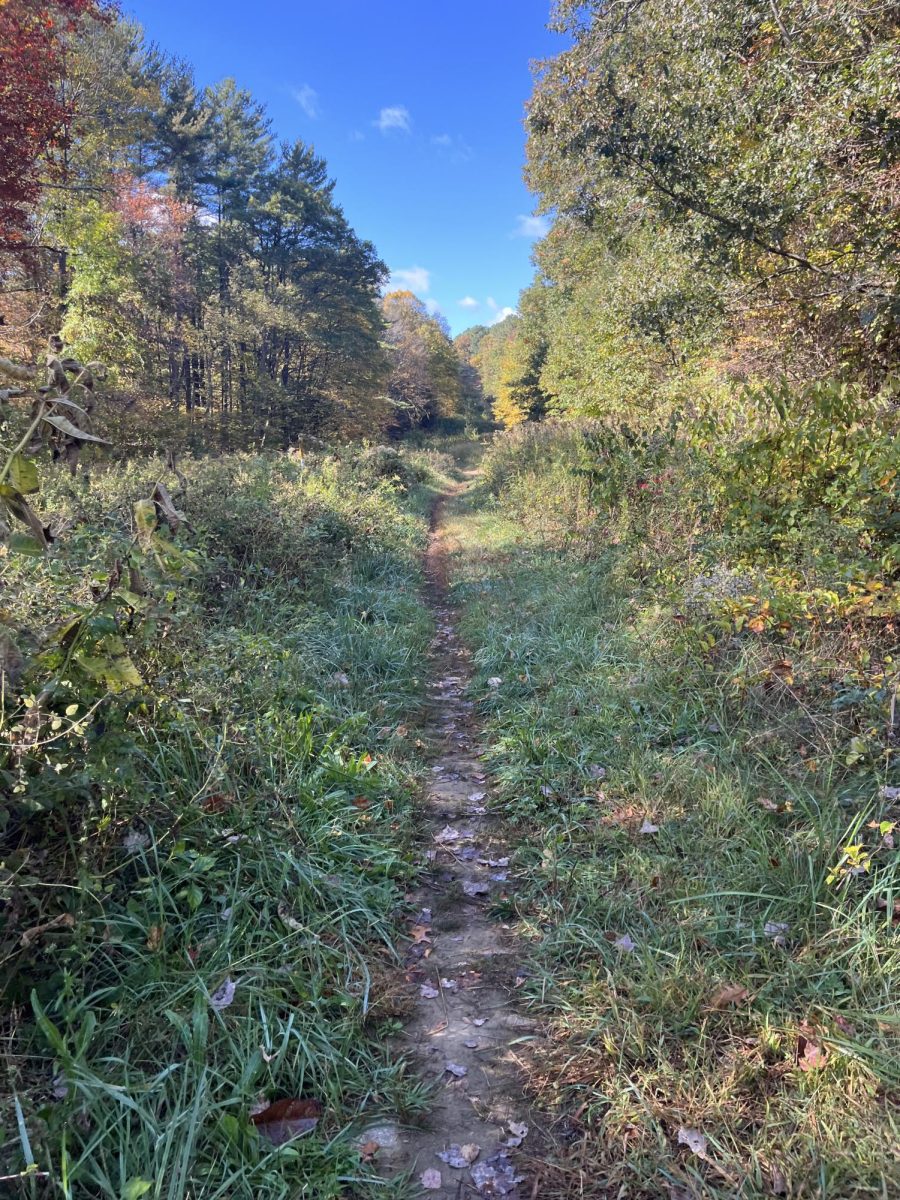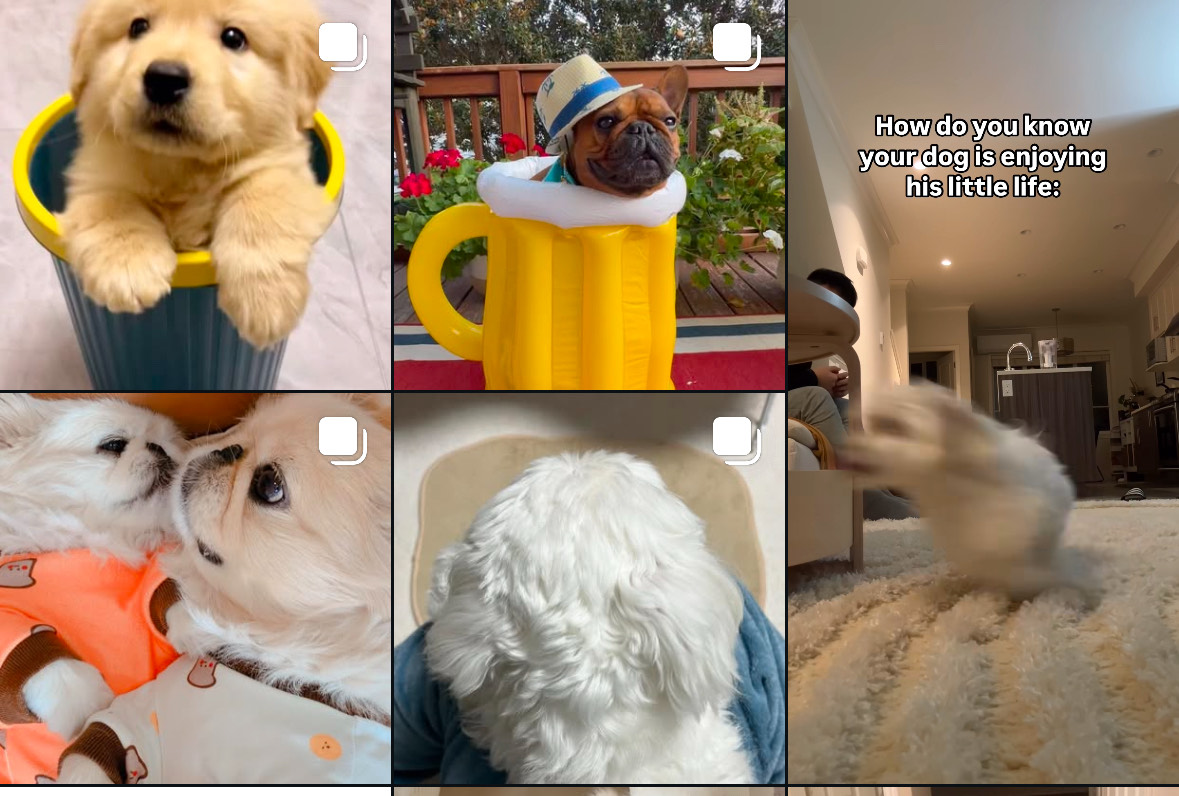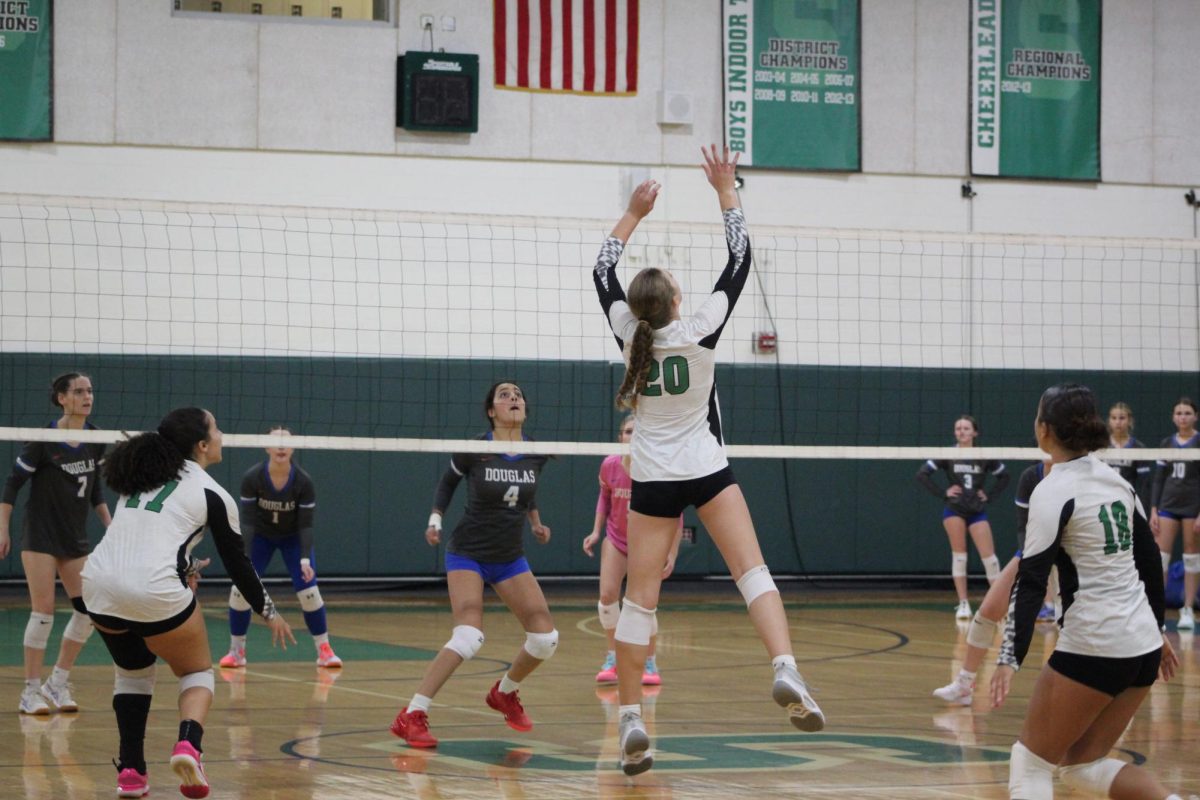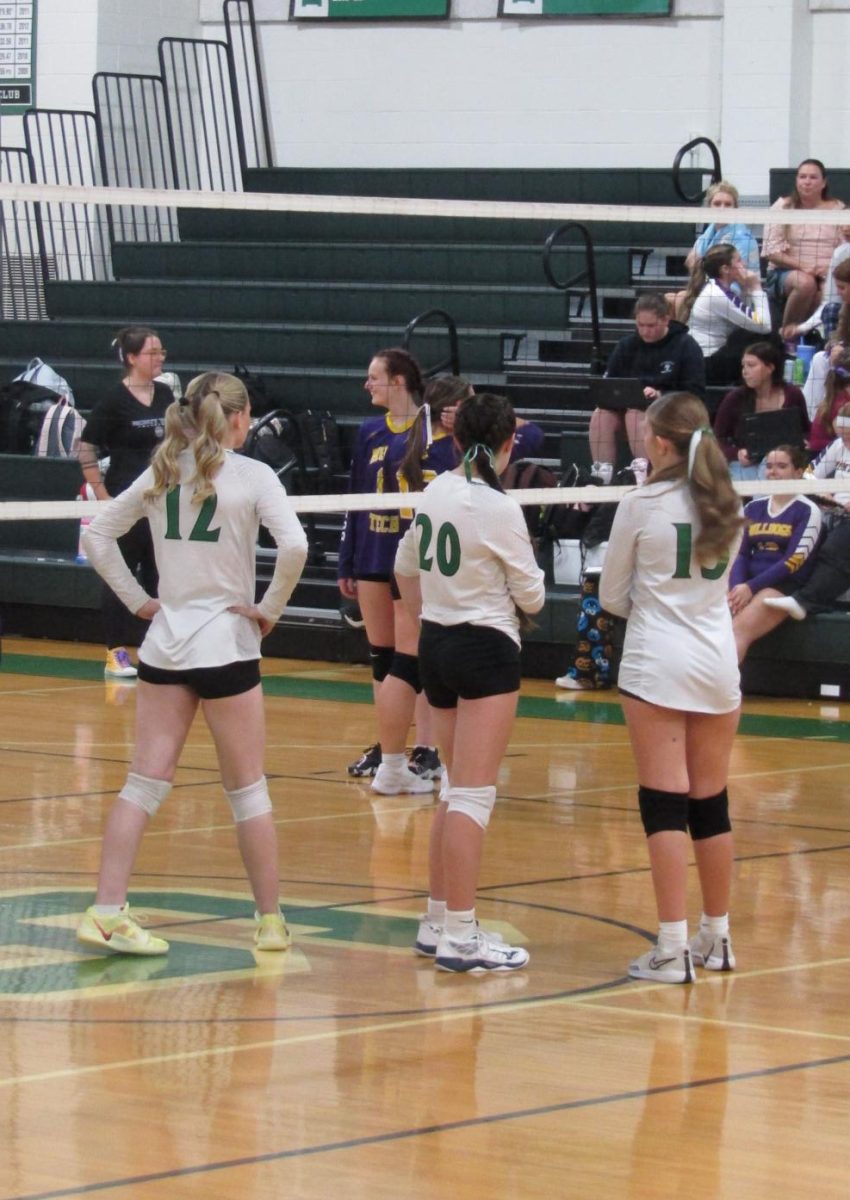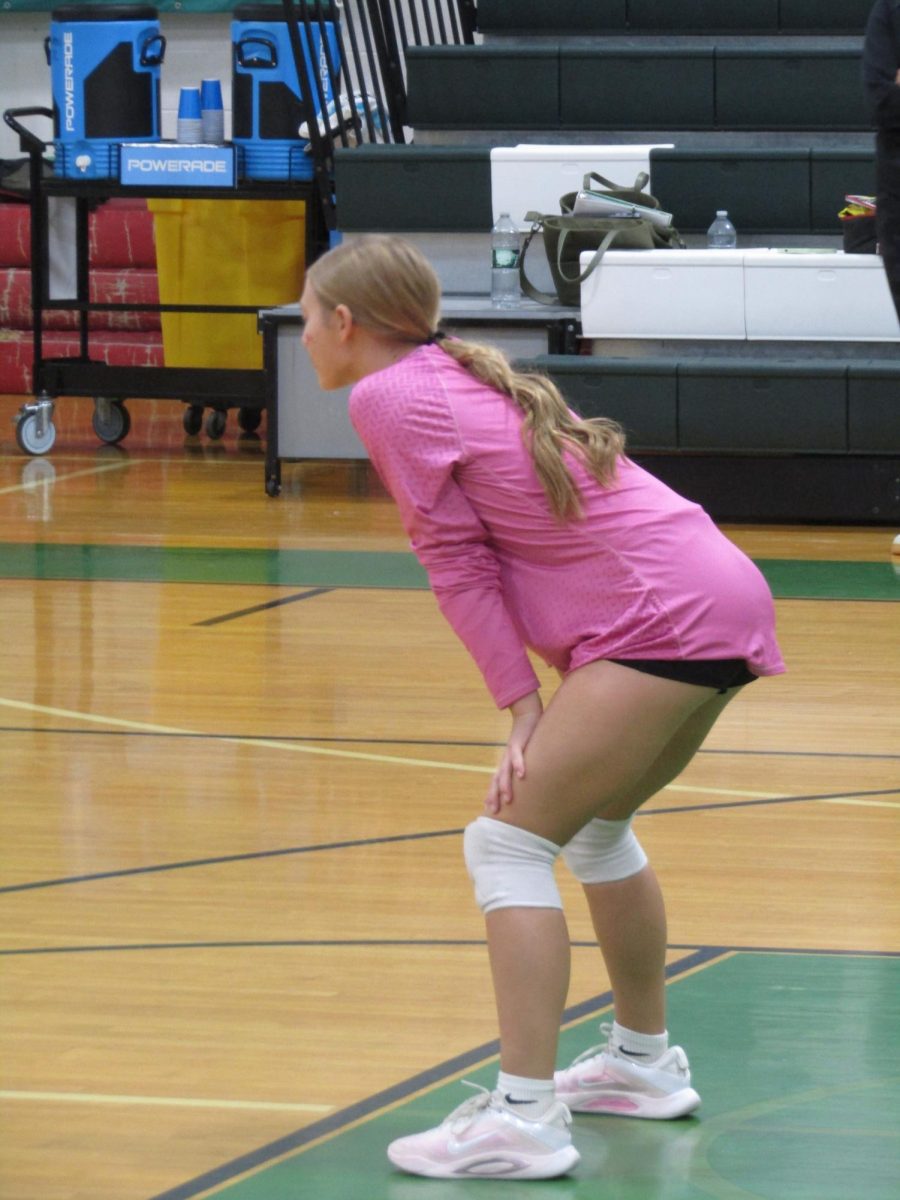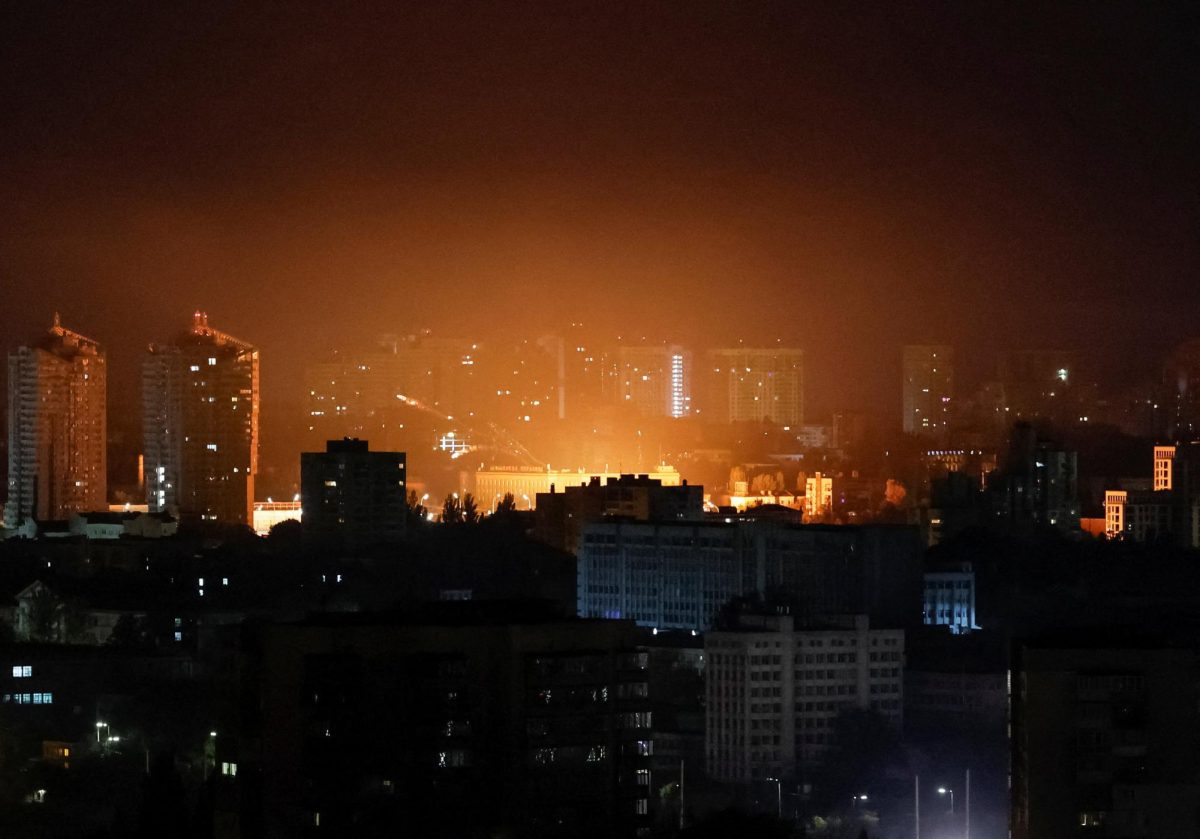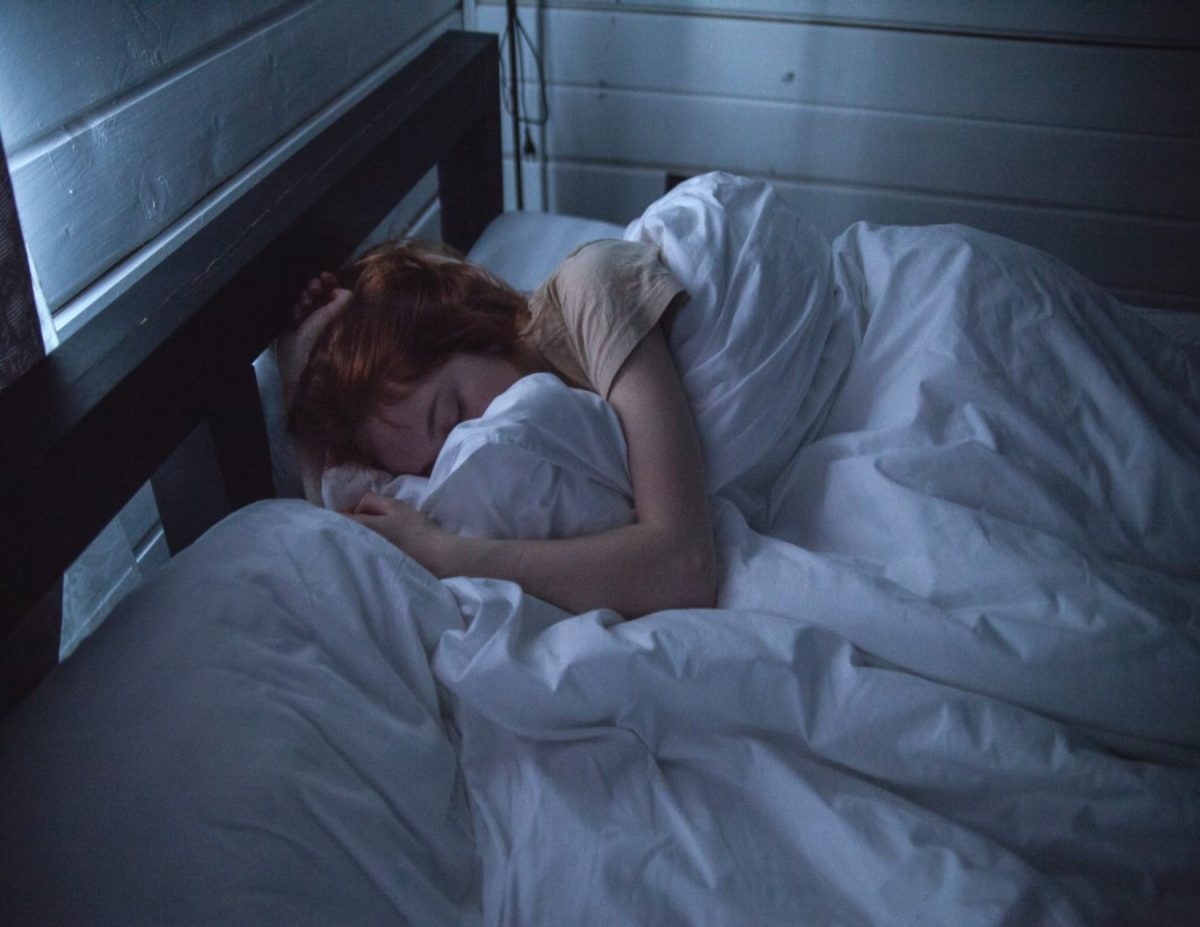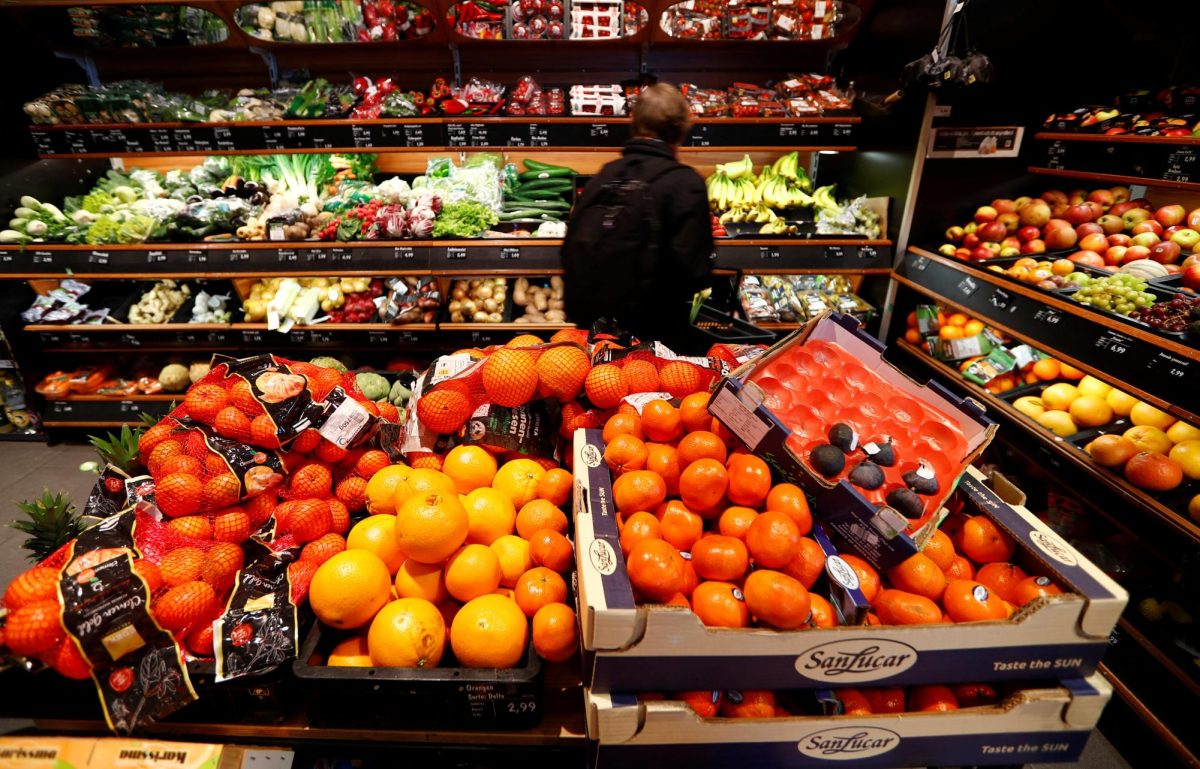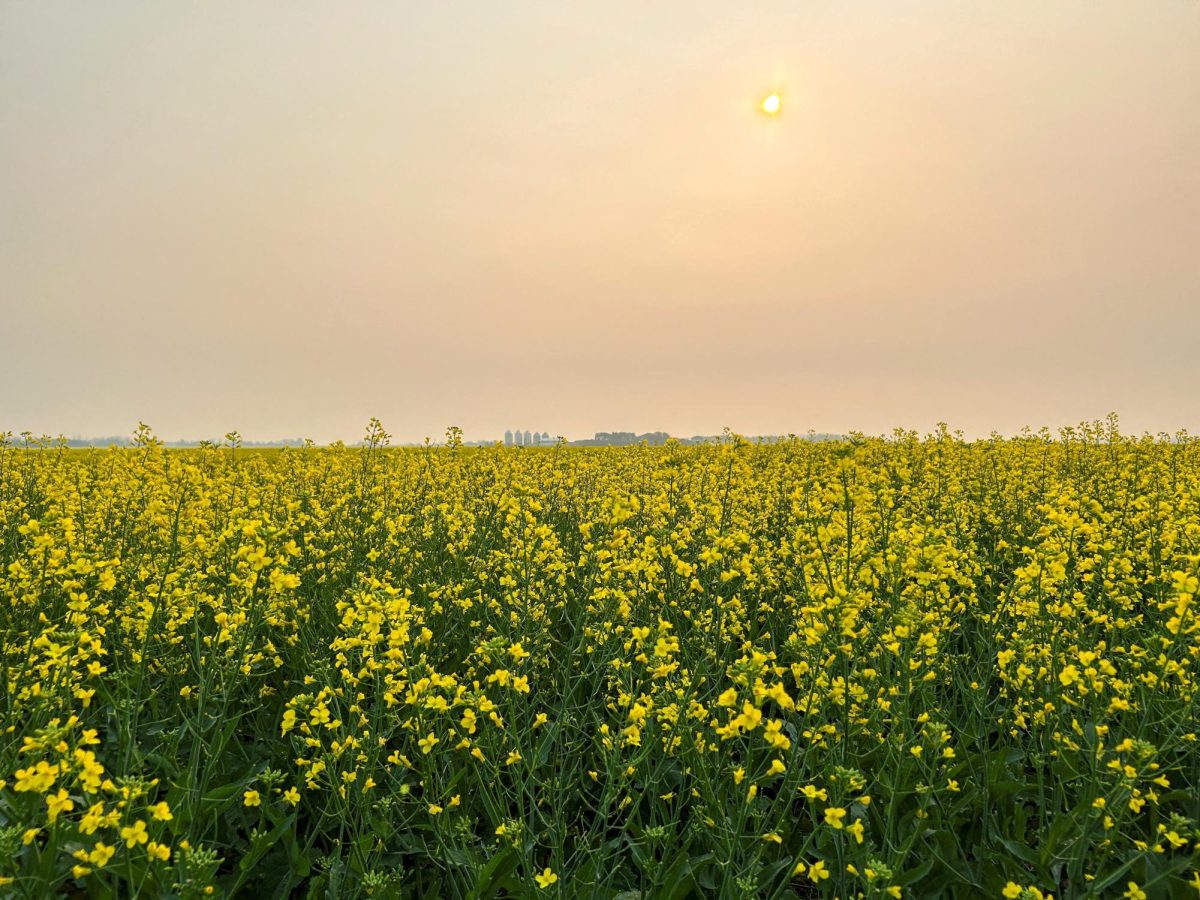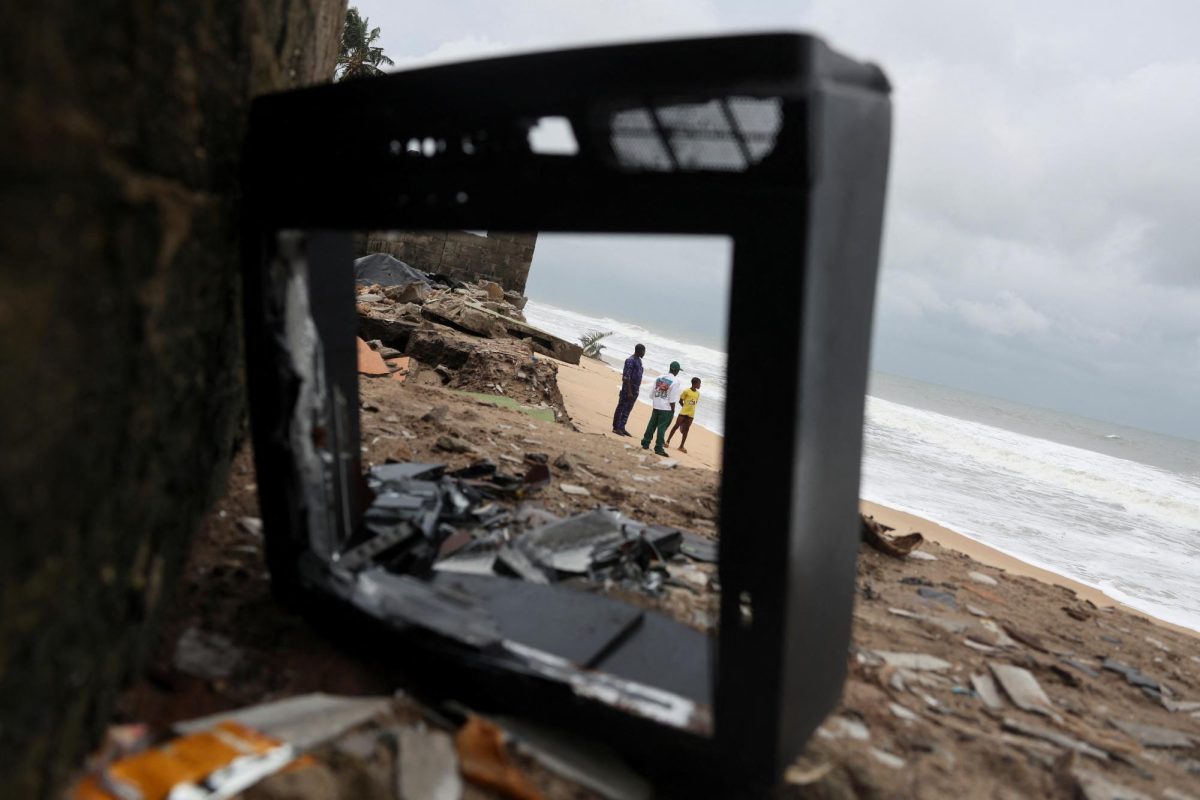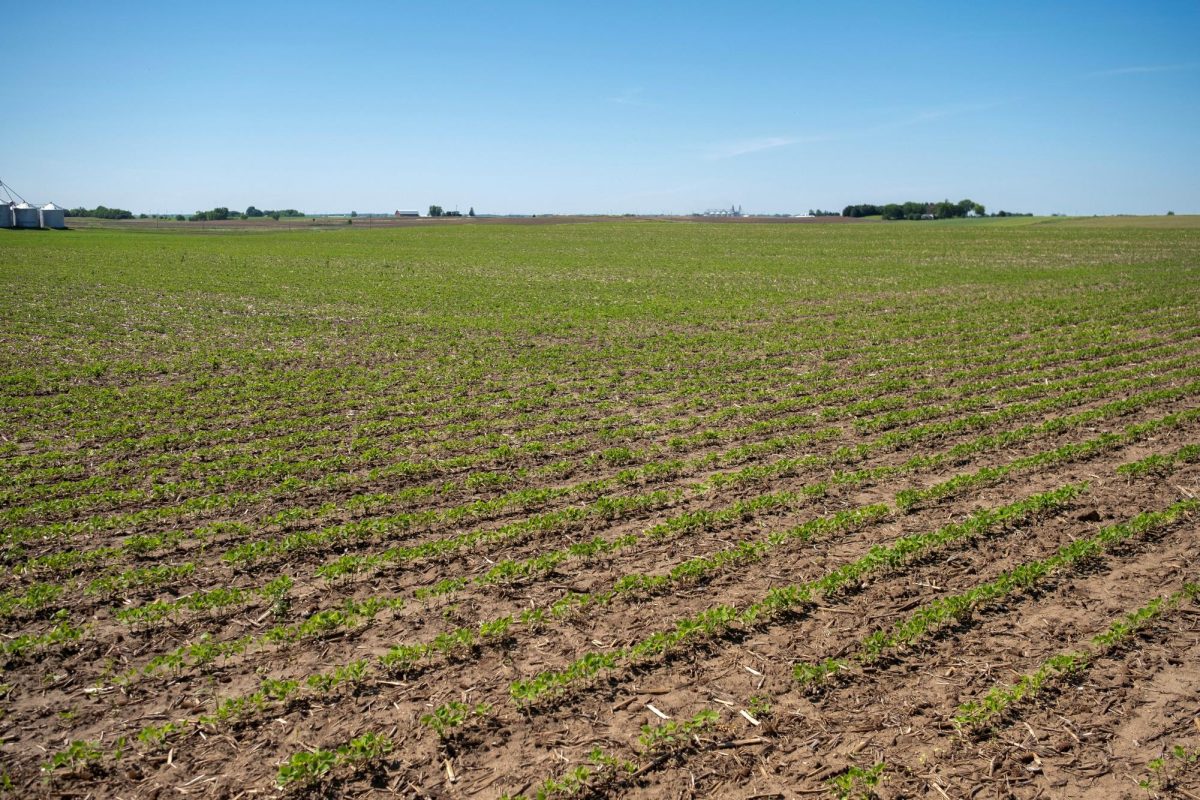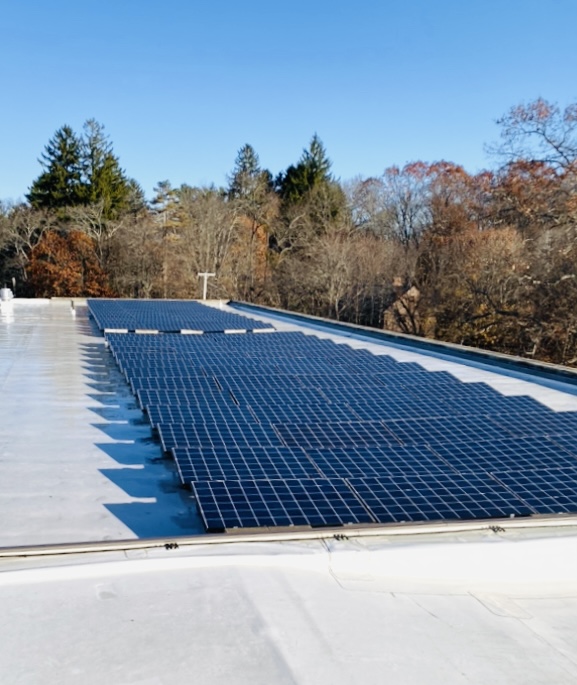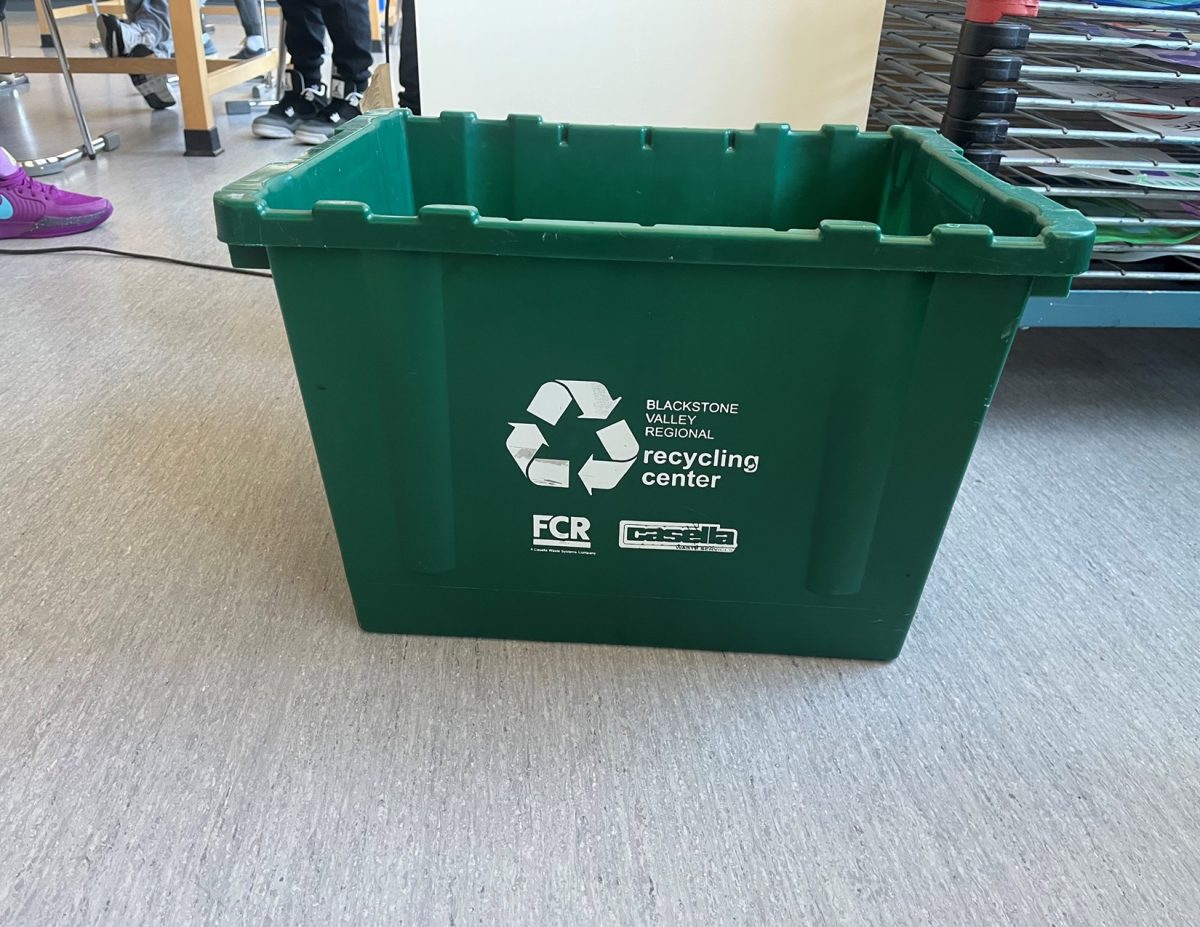Here are some useful ways for saving water and how wasting water can negatively impact property.
To save water in your bathroom take shorter showers as an unnecessary long hot showers can waste up to 17 gallons of water.
Turn off the tap while brushing teeth or washing hands; there is no need to leave it running when it’s not in use.
Always check for toilet leaks at least every three months by dropping food color in the tank, wait 15-30 minutes and check if there is any streaks of color. If there is color then it is leaking and should be checked at as soon as possible.
The longer a toilet is left leaking the more expensive it costs to repair. If it is leaking two gallons per minute that is 2,880 gallons wasted per day. If it is like that for a whole month, it is wasting over 80 thousand gallons of water and thousands of money.
Check any faucets in your house for leaks. The average leaking faucet wastes one gallon of water every day. It costs only a dollar a month but wastes a bunch of water if it is not repaired sooner then later.
To save water in your kitchen, wash dishes by hand more often than a dishwasher. Fill a dish pan with soapy water and a dish with rinsing water use it to clean dishes. This is better than letting the faucet run with an unnecessary amount of water going down the drain.
Turn on washing machines and dishwashers only when they are completely full. This saves energy and water rather then operating them only half full and multiple times a week. This can save up to 1000 gallons of water monthly.
For cold water keep a pitcher in the fridge. This way the water is not wasted down the drain while you wait for it to get cold.
Don’t let the faucet run while cleaning fruit and vegetables, and same goes for dishes.
Water your lawn and plants only when it’s completely necessary, especially when it desperately needs water. If it has a gray cast covering it and seems to be dull green, it is time to water it. If you can tell by how it looks, feel the soil or use a soil moisture meter if necessary to see if it needs water.
While watering your lawn deep soak it. This way it waters down to the roots and it lasts longer time. Light sprinkling will evaporate too quick and can waste tons of water.
Water your lawn and plants in the morning when it is still a little chilly to minimize evaporation loss.
Whenever it rains, collect the rainwater and use it later to water your garden.
Make sure not to give the plants or lawn too much water; if this happens the water might run down the street and into gutters.
Instead of dumping out any leftover ice in your cup with water or accidently dropping it from the freezer, dump it on a plant to save water and time.
Use any of these simple tips to maximize how you use water and minimize how much you use.




